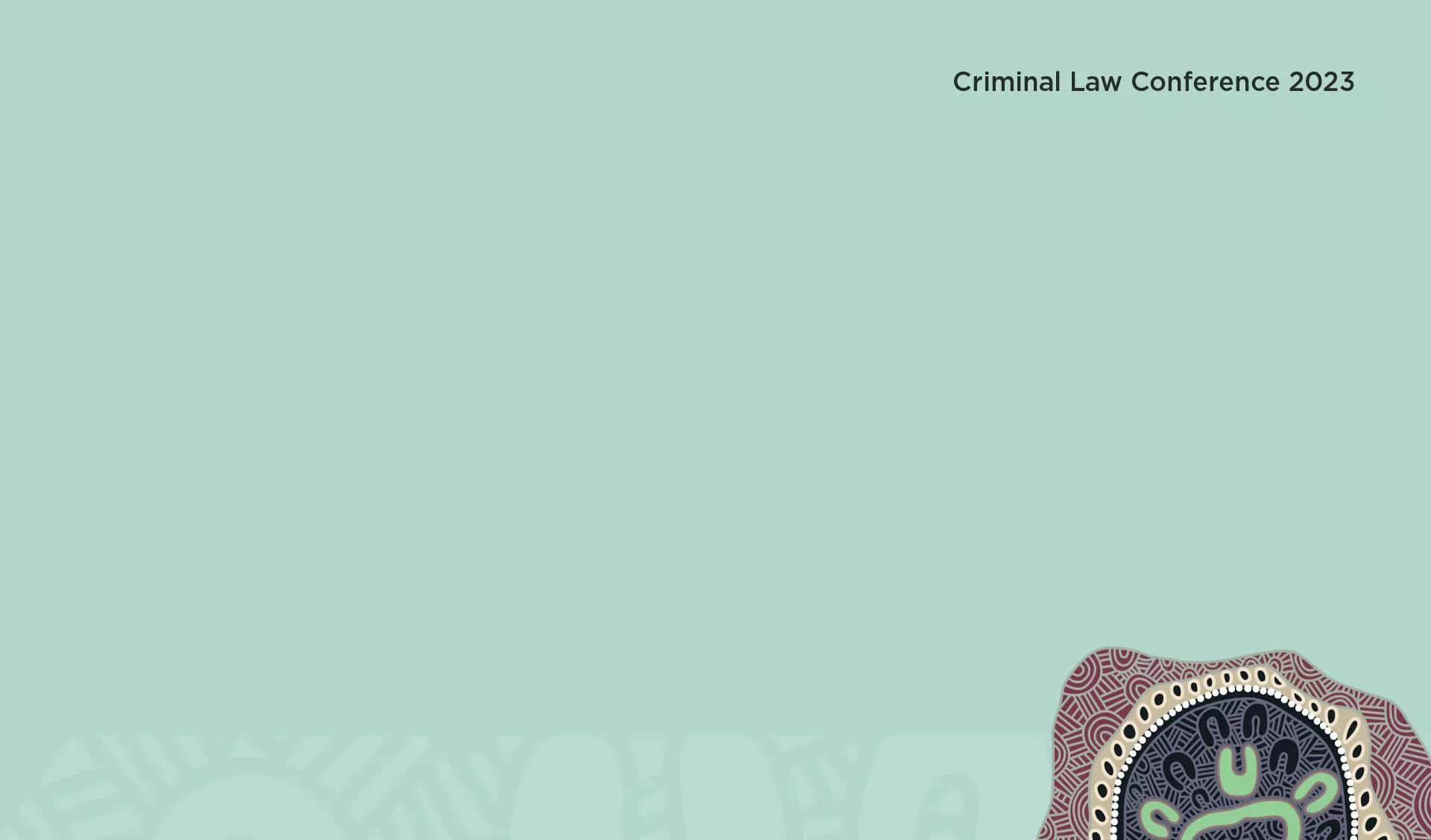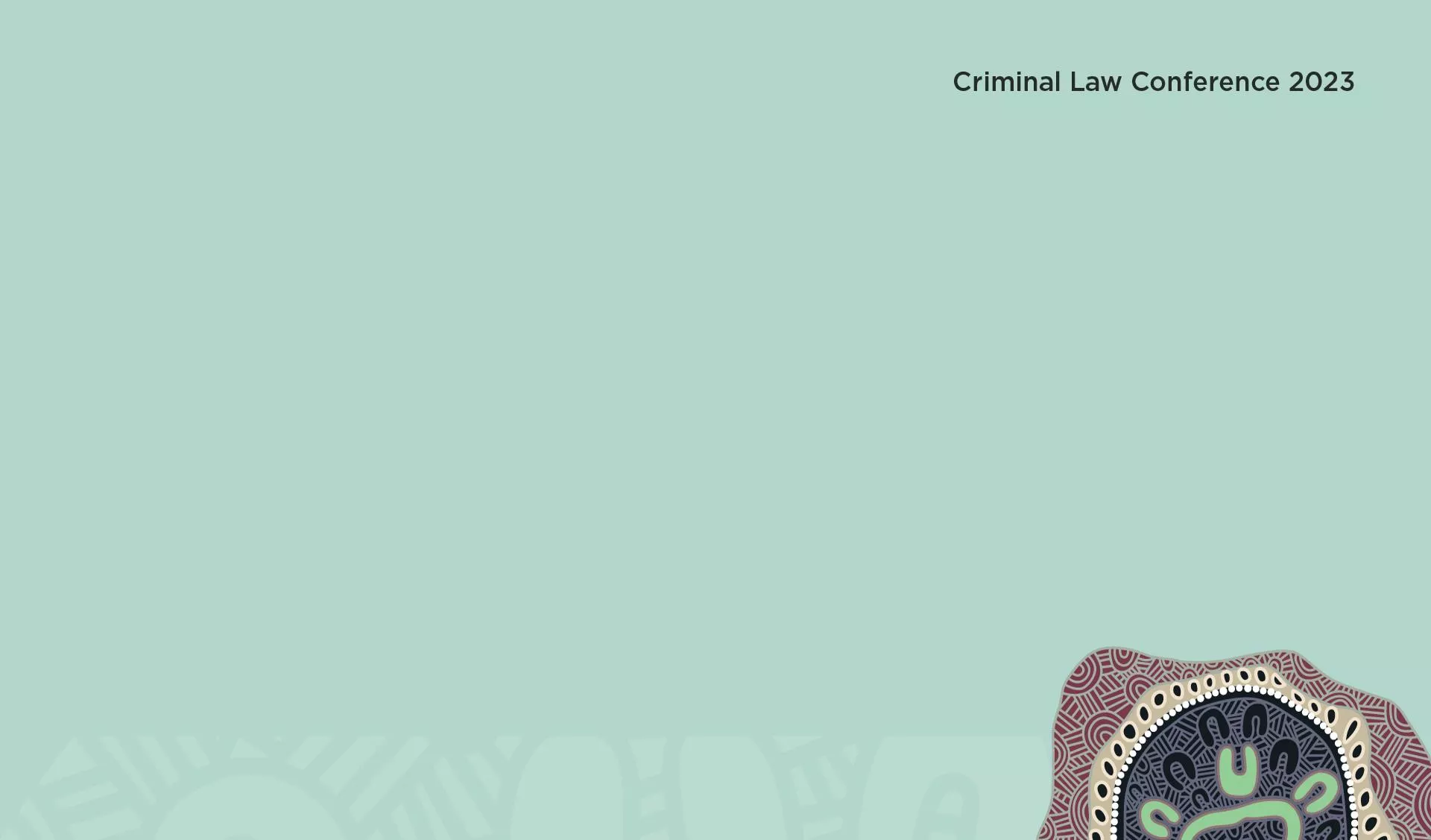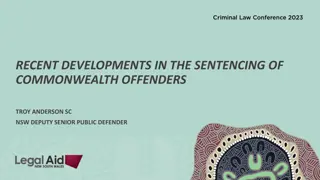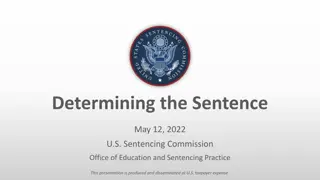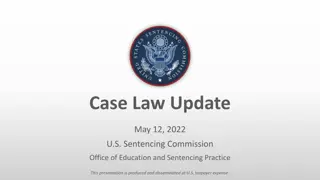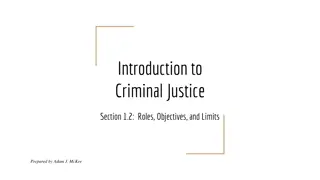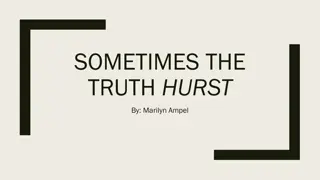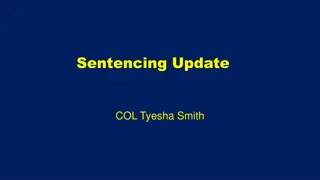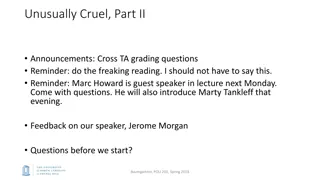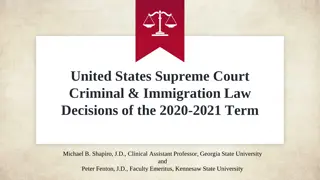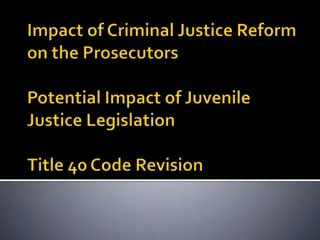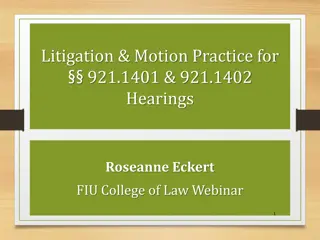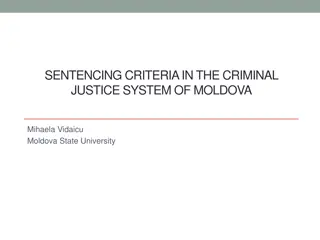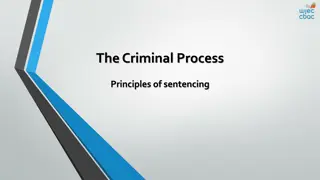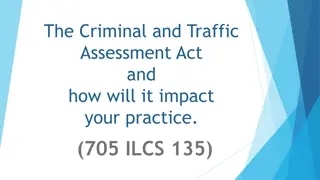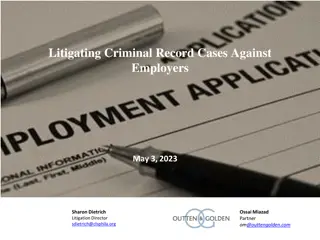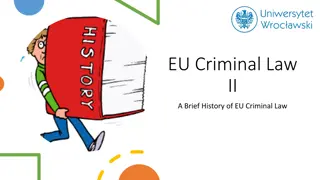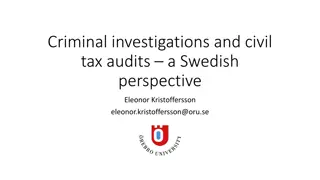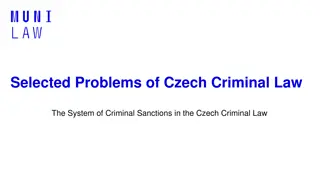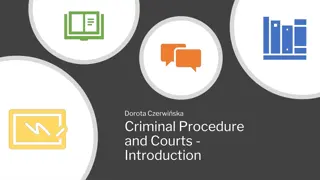Latest Updates in Criminal Law 2023: Key Cases and Sentencing Considerations
Explore the significant developments in criminal law for 2023, covering key cases involving intensive corrections orders, sentencing discounts for guilty pleas, evidence in psychiatric reports, relevance of personality disorders in sentencing, and more. Delve into the nuances of legal decisions shaping the criminal justice system.
Download Presentation

Please find below an Image/Link to download the presentation.
The content on the website is provided AS IS for your information and personal use only. It may not be sold, licensed, or shared on other websites without obtaining consent from the author. Download presentation by click this link. If you encounter any issues during the download, it is possible that the publisher has removed the file from their server.
E N D
Presentation Transcript
Criminal Law Update 2023 Presentation by Nathan Steel Public Defender
THE TOP TEN 1. Intensive Corrections Orders Stanley v DPP [2023] HCA 3 Zheng v R [2023] NSWCCA 64 Post Stanley imposition of an ICO Section 66(2) of the Crimes Act is premised on the view that an offender s risk of reoffending may be different depending on how their sentence of imprisonment may be served, and implicitly rejects any assumption that full-time detention of the offender will most effectively promote community safety at [74]. Shavali v R [2022] NSWCCA 178 ICO s and pre-sentence custody
2. Sentencing Discounts for Guilty Pleas EAGP Green v R [2022] NSWCCA 255 - Failure by lawyers to act on instructions to enter guilty plea in a timely manner Doyle v R [2022] NSWCCA 81 - Combined discount for remorse and the plea of guilty R v Burns (No 2) [2022] NSWSC 140 (McCallum JA Sentence Judgment) - Factual dispute and erosion of the utilitarian value of the guilty plea Stuart v R [2022] NSWCCA 182 - Confirmation of guilty pleas multiple charges dispute as to plea
3. Evidence in Psych Reports, Bugmy and Qutami R v Qutami [2001] NSWCCA 353 and observations of Smart AJ: In this case reliance appears to have been placed on statements made by the prisoner to psychiatrists and the psychologist. While those statements are admissible in evidence, very considerable caution should be exercised in relying upon them when there is no evidence given by the prisoner. In many cases only very limited weight can be given to such statements. Lloyd v R [2022] NSWCAA 18 - McCallum JA (with agreement of Hamill and Cavanagh JJ) Where report of a mental health professional is admitted without objection, qualification as to its use or cross-examination of the author, no principle of law requires the sentencing Judge to exercise very considerable caution before relying on its contents absent evidence from the offender. DR v R [2022] NSWCCA 151 Causal link between disadvantaged background and moral culpability
4. Relevance of Personality Disorders in Sentencing R v Wornes [2022] NSWCCA 184 Personality disorders can be taken into account on sentence in the manner described in De La Rosa, in the same way as other mental or psychiatric conditions. Such disorders are not excluded from the relevant principles as a matter of law and each case is to be determined on its own facts.
5. Commonwealth Criminal Law issues R v Taylor [2022] NSWCCA 184 mandatory minimum sentence imposed even though an offence was not within the least serious category of offending . R v Del Zotto [2022] NSWCCA 18 Aggregate sentences can be imposed in Commonwealth cases. Totaan v R [2022] NSWCCA 75 hardship to third parties to be taken into account on sentence. AE v R [2023] NSWCCA 74 Totaan error
6. Defence of Mental Health or Cognitive Impairment Mental Health and Cognitive Impairment Forensic Provisions Act 2020 Section 4 (3) A person does not have a mental health impairment for the purposes of this Act if the person s impairment is caused solely by (a) the temporary effect of ingesting a substance, or (b) a substance use disorder. R v Miller [2022] NSWSC 802 R v Sheridan [2022] NSWSC 1669
6. Defence of Mental Health or Cognitive Impairment (Cont) 31 Special verdict where defendant and prosecutor agree on impairment The court may enter a special verdict of act proven but not criminally responsible at any time in the proceedings (including before the jury is empanelled) if a) the defendant and the prosecutor agree that the proposed evidence in the proceedings establishes a defence of mental health impairment or cognitive impairment, and b) the defendant is represented by an Australian legal practitioner, and the court, after considering that evidence, is satisfied that the defence is so established. Tonga v The Queen [2021] NSWSC 1064, Wilson J at [4] A hearing pursuant to s 31 is not a trial and there is no need for the Judge to comply the s. 133 of the Criminal Procedure Act 1986. A Judge alone election pursuant to s 132 of the Criminal Procedure Act is also not required.
7. Unlawful sexual relationship s 66EA Crimes Act MK v R; RB v R [2023] NSWCCA 180 fact finding on sentence after a plea of guilty RB v R [2022] NSWCCA 142 fact finding on sentence after a verdict of guilty R v Xerri [2021] NSWCCA 268 Retrospective application of new maximum penalty
8. The end of constructive murder involving an extended JCE Mitchell and Others v The King [2023] HCA 5: ...(1) the judicial development of the criminal law has for the most part been, and should continue to be, towards a closer correlation between moral culpability and legal responsibility; and 92) the scope of constructive crime should be confined to what is truly unavoidable. at [46]. R v Nehme [2023] NSWSC 202, Button J: Considered Judgment of the High Court in Mitchell and found that is was difficult to resist broad interpretation that the prohibition applied in New South Wales. Held that the prosecution could not rely upon a combination of extended joint criminal enterprise and constructive murder R v DJD and Murdoch [2023] NSWSC 222, Wright J: Considered the elements of constructive murder after the decisions in Mitchell and Nehme. Held that the elements of constructive murder included that the accused agreed to the foundational offence accompanied if necessary by the use of force or violence.
9. New and Amended Legislation Crimes (Sentencing Procedure) Amendment Act 1999 (commenced 18.10.22) New ss 21(B)(1) and (2): Court must sentence an offender according to the sentencing patterns and practices at the time of sentencing. The SNPP is the one that applied at the time of the offence. s 21B(4): Court when varying or substituting a sentence, must do so according to the sentencing patterns at the time of the original sentencing. Crimes Legislation Amendment (Loss of Foetus) Act 1900 (commenced 29.3.22) New s 54A and 54B offences of causing the loss of a foetus of a pregnant woman. S 54B applies if a persons acts or omission constitutes on offence of causing GBH to a person, and s 54B applies in cases of homicide.
9. New and Amended Legislation (Cont) Confiscation of Proceeds of Crime Legislation Amendment Act 2022 (1.2.2023) S 34 Drug Trafficker declaration, s 34A Forfeiture Order, s 43A(1) Restraining Order. LEPRA (Digital Evidence Access Orders) Act 2022 (1.2.2023) Digital Evidence Access Orders (DEAO) can be applied for in relation to a computer that may be, or has been found in the execution of search warrant or crime scene. Dedicated Encrypted Criminal Communication Device Prohibition Orders Act 2022 (1.2.2023) Law enforcement officer can apply for an order DECCDPO if they reasonably believe that a person is likely to use such a device to avoid detection of criminal activity.
10. Crimes Legislation Amendment (Coercive Control) Act 2022 Created a new coercive control offence for an adult to engage in repeated or continuous abusive behaviour against a current or former intimate partner. Maximum penalty of 7 years imprisonment. To be dealt with summarily unless election by prosecution to be dealt with on indictment. Legislation was passed by Parliament on 16 November 2022, but it will not commence before February 2024 and no later than 1 July 2024. This period is to allow for greater community awareness in relation to the offence education and for training, resources in place, for police, judicial officers and frontline services.




